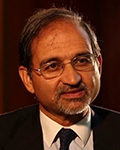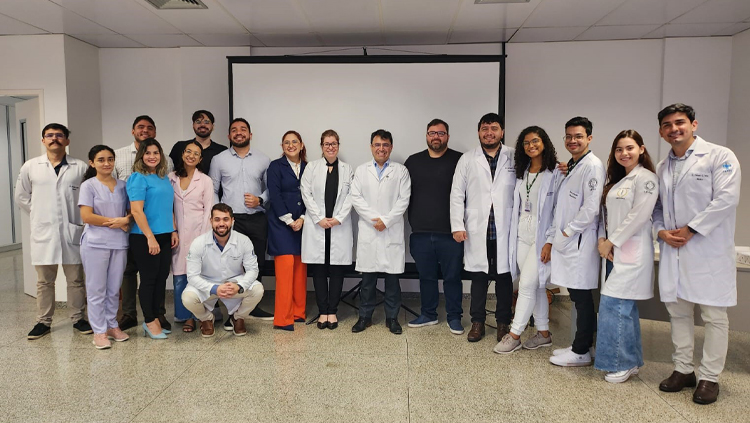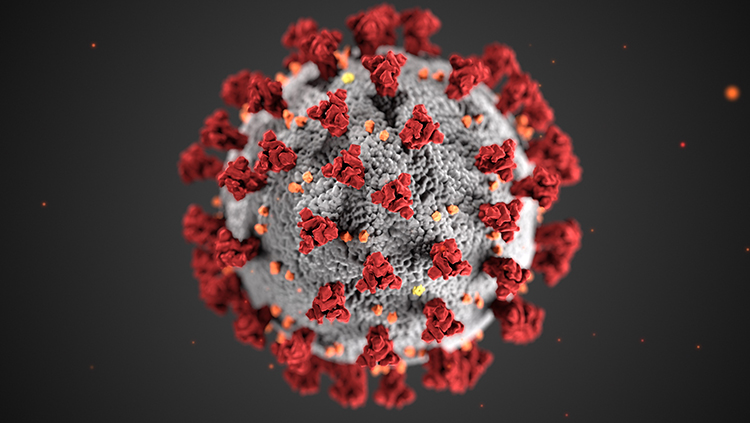Global Mental Health and Neuroscience: Challenges and Opportunities
Dec 14, 2016
Around the world, mental health is slowly but steadily being discussed more publicly. The field is benefiting from advances in neuroscience, but not adequately — the potential is much greater. This lecture presents a background of the current state of mental health in the world and explains how a closer collaboration between mental health and neuroscience could enhance knowledge and improve health. Examples from the areas of autism, substance dependence, psychoses, and dementia help illustrate this potential.
Speaker

Shekhar Saxena, MD
Shekhar Saxena is the director of the department of mental health and substance abuse at the World Health Organization (WHO). His current responsibilities include implementing the WHO Comprehensive Mental Health Action Plan 2013-2020. Saxena is a psychiatrist with about 30 years of experience in research and program management, service delivery, and information systems in the areas of mental health, especially in low- and middle-income countries. He was one of the writers of the World Health Report 2001 on mental health and an editor and author in the Lancet Series on Global Mental Health 2007 and the Lancet Series on Global Mental Health 2011. Saxena led WHO's Mental Health Atlas and WHO Assessment Instrument for Mental Health Systems (WHO-AIMS), which have been used in more than 80 countries, and is responsible for implementation of WHO's mental health Gap Action Program on scaling up care for mental, neurological and substance use disorders in low- and middle-income countries.





